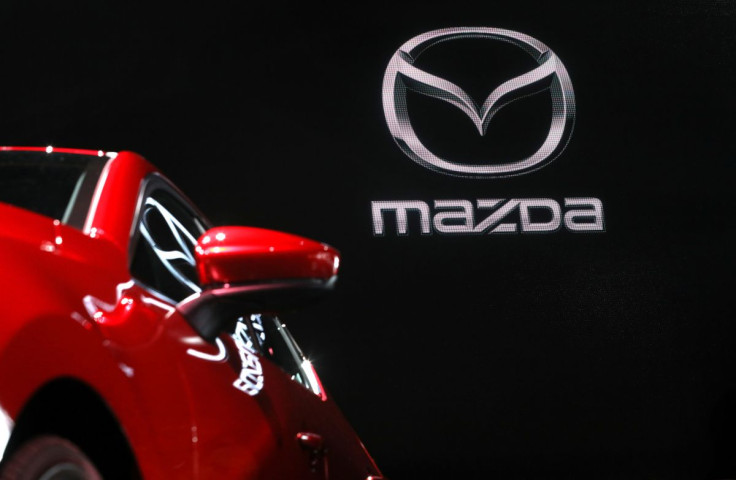Mazda Rolls Out $10.6B Plan For Electric Vehicles

Japanese automaker Mazda Motor Corp. rolled out a $10.6 billion spending plan focused on electrifying their fleet and developing battery production.
Mazda also raised their sales targets for electric vehicles to 40% of global sales by 2030 from their previous target of 25%. Car makers have been investing billions to ramp up EV production because of tougher environmental regulations and a global semiconductor shortage.
"We will promote the full-fledged launch of battery EVs and consider investing in battery production. We estimate Mazda's EV ratio in global sales to rise to a range between 25% and 40% as of 2030," announced Mazda.
The company's goal is $31.8 billion in sales by 2026, a 45% jump compared to the year ending in March. Consulting firm Deloitte expects EV sales will make up around 32% of new car sales globally by 2030 and expect total EV sales to reach $21.1 million by 2030. Deloitte expects $11.2 million in sales in 2025. Foreign and domestic rivals have announced similar goals this year, the most comparable being Toyota and Honda. Both have been criticized by green activists and environmentalist investors for not electrifying their models quickly.
"We believe that a multi-solution approach will be effective," said Mazda CEO Akira Marumoto.
Mazda has yet to provide a detailed investment timeline, but senior managing executive officer Akira Koga told Nikkei Business Daily that the $10.6 billion investment would be used for research and development. Mazda will work with seven companies to develop its EV program, including electric-component maker Rohm Co. They also have a three-year supply agreement with Japan-based battery manufacturers Envision AESC starting in 2025.
"Beyond that, we would like to develop a strategy on procurement and securing [batteries] step by step," Koga said.
© Copyright IBTimes 2025. All rights reserved.





















